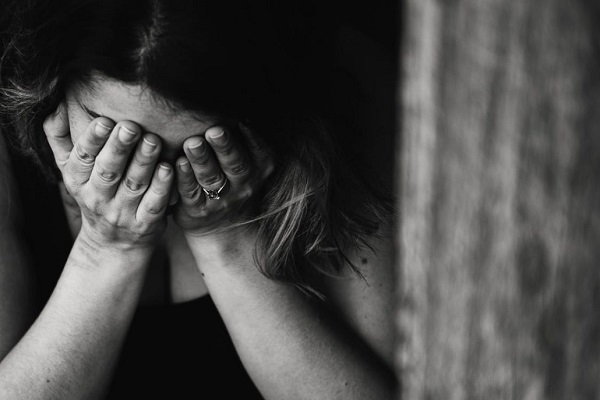Depression, contrary to what many people imagine, is not freshness. It is a disease that affects millions of people on the planet and can have different types. There are different variations between the manifestations and perceptions of the disease, which is why it is so complex.
Only qualified professionals, such as psychiatrists, are able to identify the ideal type and treatment for depression. Next, learn about the main variants of the disease and how to approach each one.
Major depression: most common type

More commonly, this variant of depression generates symptoms such as sadness, anguish, discouragement, guilt and changes in sleep, appetite, concentration and libido.
The disease can be divided into mild, moderate and severe degrees, each type requiring a different approach.
After a professional evaluation and the problem is identified, treatment consists of antidepressant medication, psychotherapy and lifestyle changes. Practicing physical exercises, for example, is essential.
Dysthymia: mild signs of depression
Also called melancholy, this type of depression is characterized by mild signs of the disease, which last for two years or more. The person thinks that it is not something abnormal and ends up living with it.
The point here is that this condition can quickly worsen and cause serious damage to physical and mental health.
Treatment consists of psychotherapy to identify symptoms and ways to disarm them in time. Doing physical activity also raises your spirits.
Atypical: different form of manifestation
Despite having this name, this type of depression affects many people. It follows a pattern of causing insomnia and increased hunger – symptoms contrary to common depression.
Sensitive and irritable mood, in addition to worsening symptoms at the end of the day, are other characteristics.
In this case, the approach involves using basic antidepressants and, if necessary, mood stabilizers.
Psychotic: worrying type of depression
This variant of depression is quite serious. In addition to traditional symptoms, there may be others such as delusions of persecution or the feeling that something bad is about to happen.
Read ProMind Complex Reviews here…
In more serious situations, the patient may even mix reality with fantasy.
Therefore, treatment is conducted with antipsychotic medications. They promote a reorganization of the brain and alleviate the crisis.
Mixed: more difficult to identify
Sometimes confused with anxiety , mixed depression involves symptoms such as accelerated thinking, increased irritability and compulsive behavior when shopping, sex or how to react.
To treat this condition, mood stabilizers or antipsychotics are used. Then, antidepressants.
